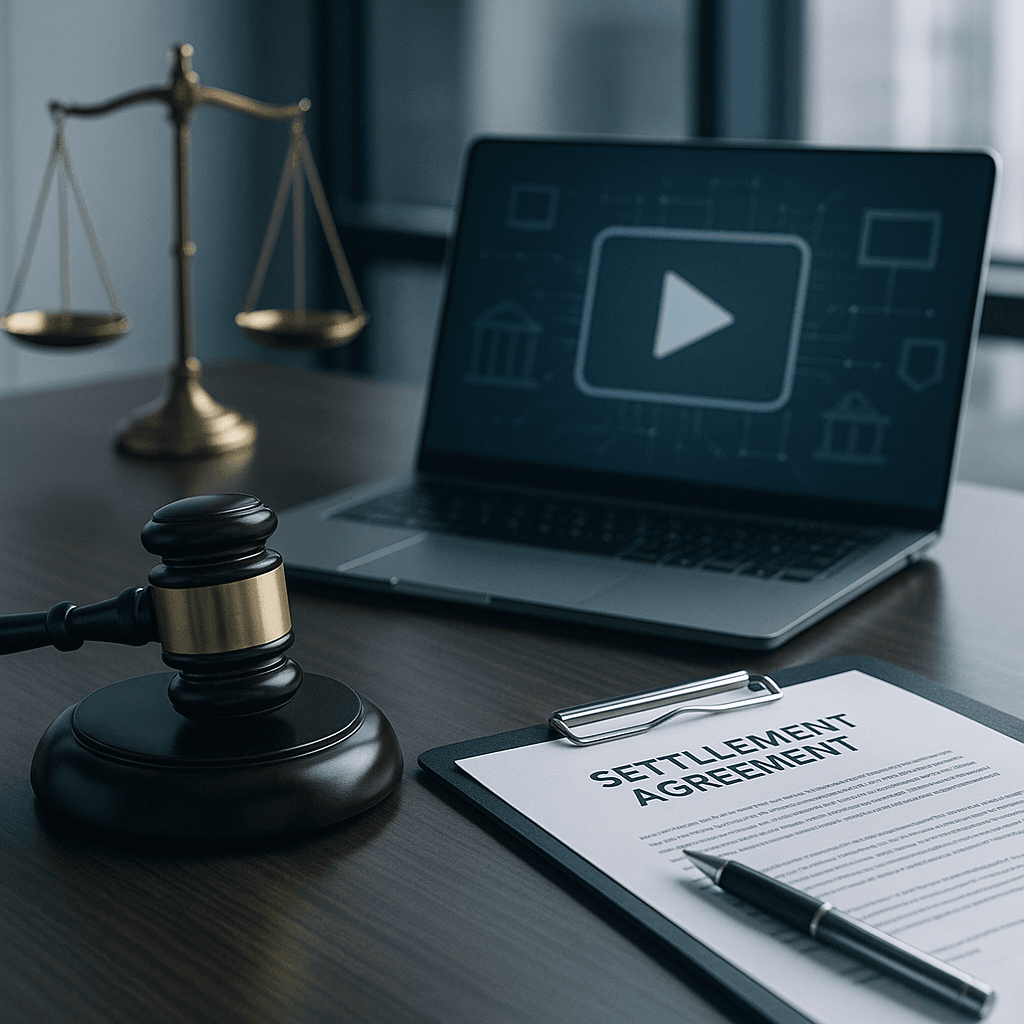Google's YouTube just agreed to pay President Trump $24.5 million to settle his lawsuit over the platform's 2021 account suspension following the Capitol riots. The settlement marks the final chapter in Big Tech's legal disputes with the president, following similar payouts from Meta and X, and raises new questions about the intersection of content moderation and political power.
Google's YouTube has quietly closed the book on one of the most contentious content moderation decisions in tech history, agreeing to pay President Trump $24.5 million to settle his lawsuit over the platform's suspension of his account following the January 6, 2021 Capitol riots. The settlement - filed Monday in the U.S. District Court for the Northern District of California - officially states it "shall not constitute an admission of liability or fault" on behalf of Google or its subsidiaries.
The payout completes a remarkable turnaround for Trump, who sued the tech giants in mid-2021 after YouTube, Meta's Facebook, and Twitter all suspended his accounts over what they termed concerns about inciting violence. At the time, the moves were seen as tech's boldest stand against political misinformation - now they're becoming expensive legal liabilities.
Since winning his second term in November and returning to the White House in January, Trump has systematically extracted settlements from each platform. Meta led the way with a $25 million settlement announced in January, followed by Elon Musk's X agreeing to roughly $10 million in February. YouTube's $24.5 million closes the circle, bringing the total tech settlement haul to nearly $60 million.
The settlements reveal how dramatically the power dynamic has shifted between Silicon Valley and Washington. What once seemed like principled content moderation decisions now look like costly miscalculations, particularly as Trump's return to power gave him significant leverage over companies that depend on favorable regulatory treatment.
Democratic senators saw this coming. In August, Elizabeth Warren of Massachusetts and several colleagues sent a pointed letter to CEO Sundar Pichai and YouTube CEO Neal Mohan expressing "concern over a possible settlement with the president." The senators warned that such payments could constitute a "quid-pro-quo arrangement to avoid full accountability for violating federal competition, consumer protection, and labor laws" and might even "result in the company running afoul of federal bribery laws."












